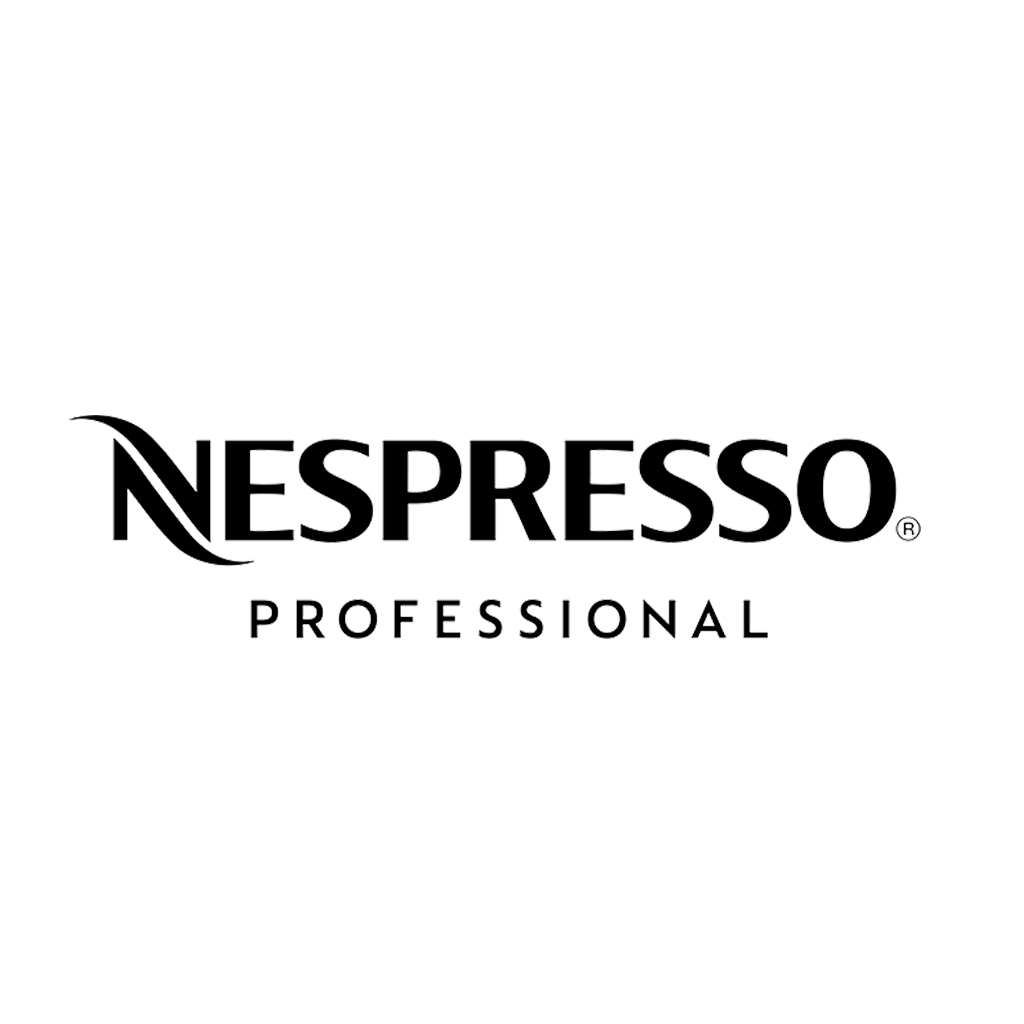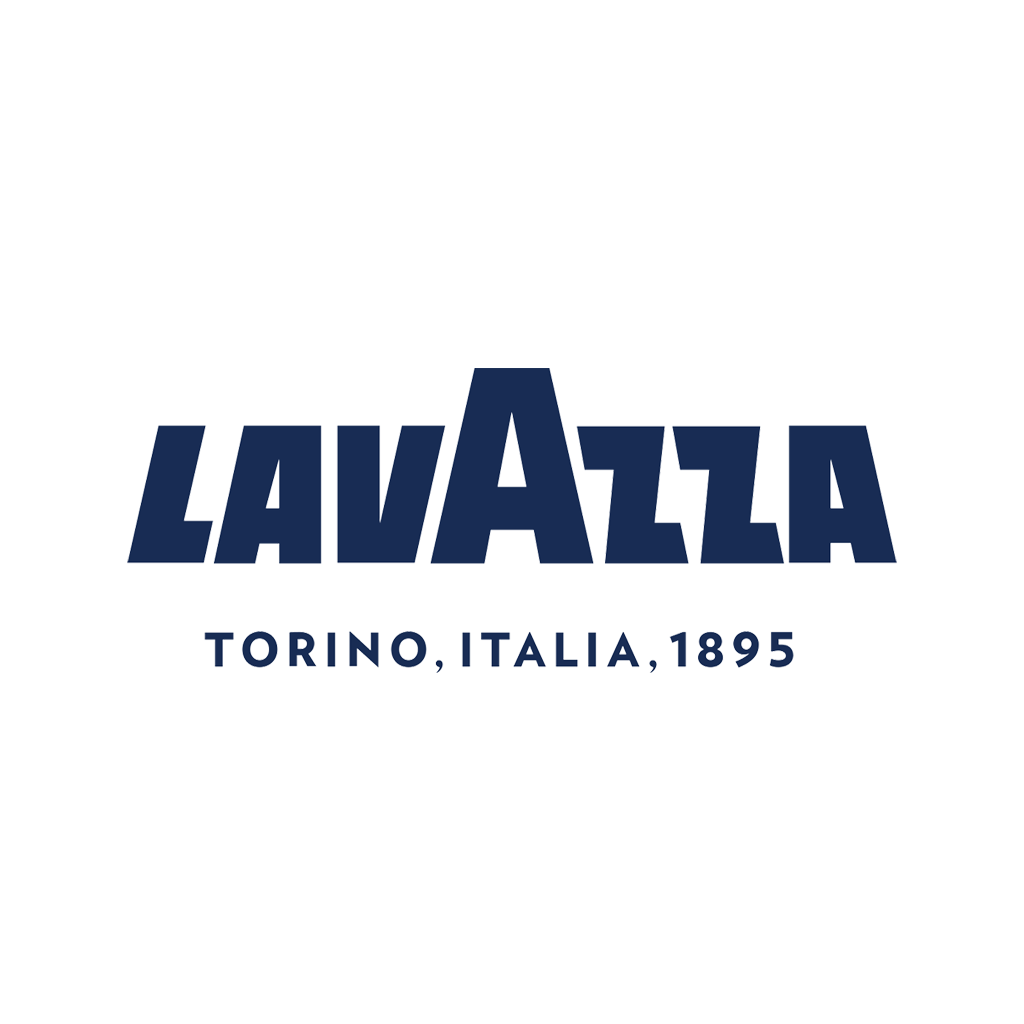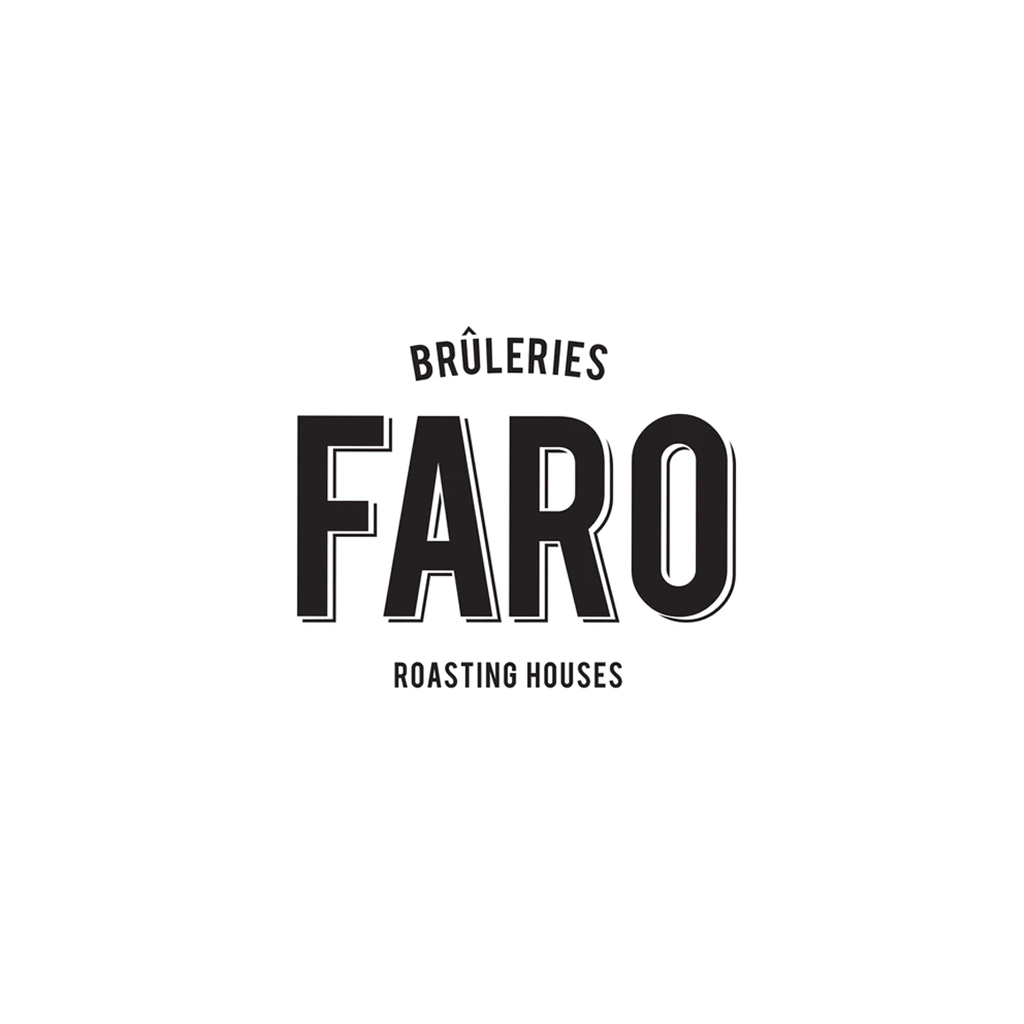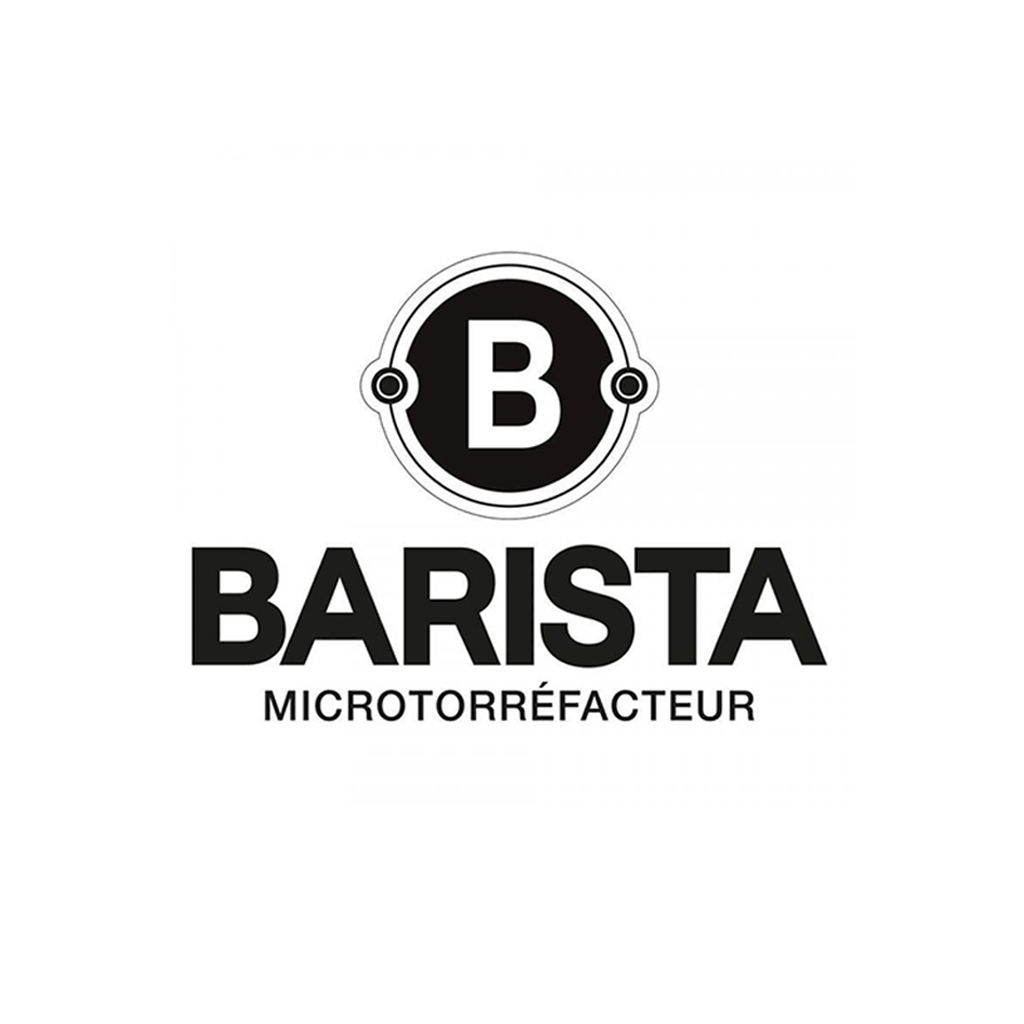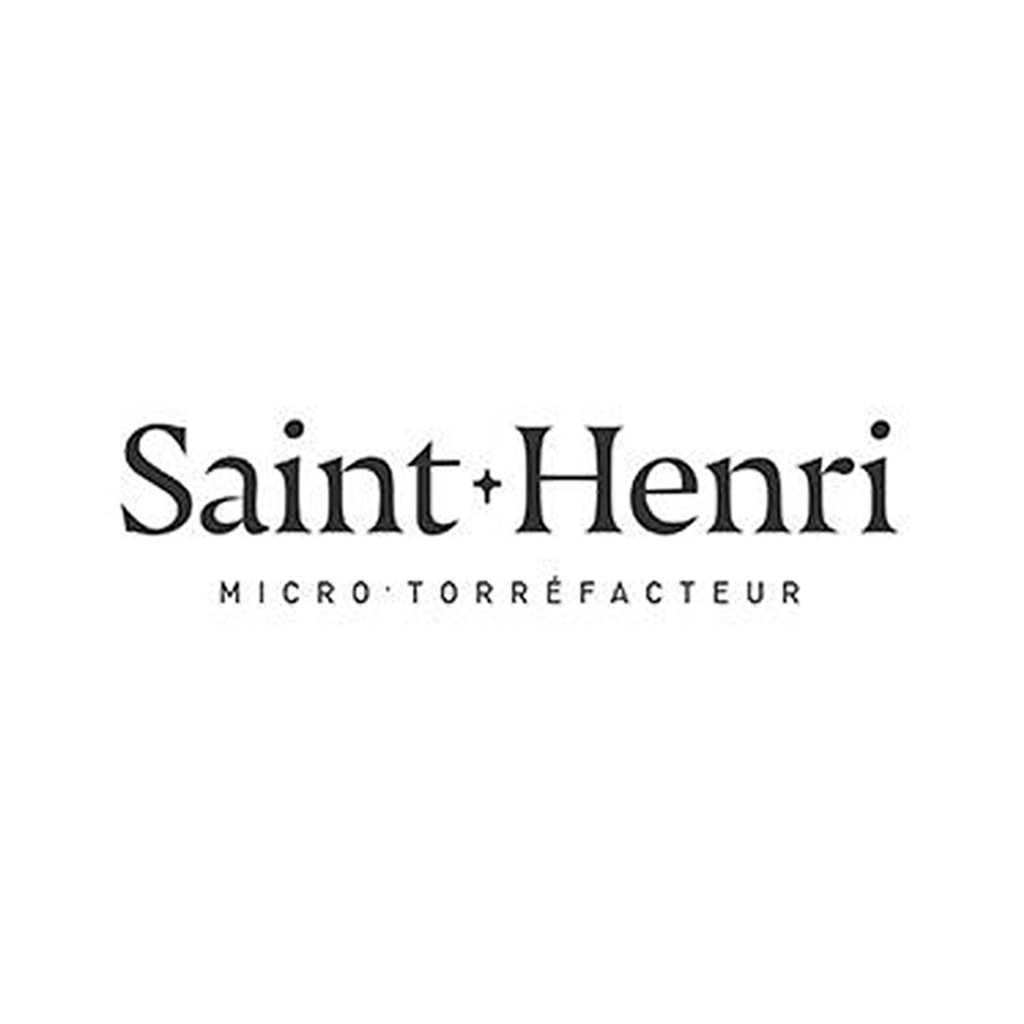At Servomax, we value sustainability and doing our part for the planet. We show our commitment by demonstrating a certain selectivity in regards to sustainable practices when choosing our partners. All local roasters and manufacturers that deal with Servomax must have a certain affiliation to sustainable programs or put in place specific activities that express their corporate social responsibility
Our Role

Our Day-to-Day
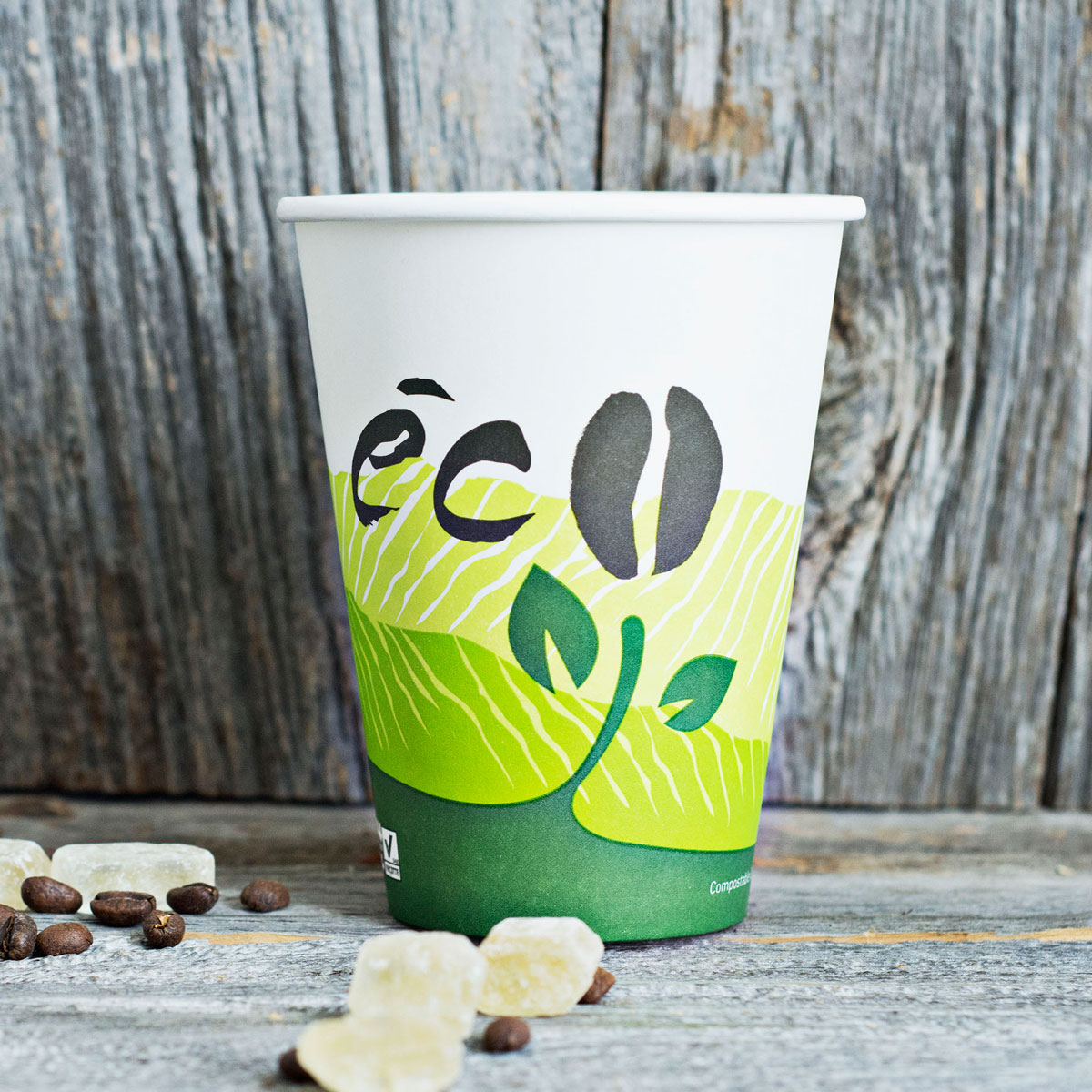
Local Products & Sustainable Partners
Our dedication to local products and Rainforest Alliance certified sustainable partners means we can ensure quality and sustainable distribution. Through our strategic partnerships, we are able to help our local Canadian producers and roasters, while doing our part for the environment
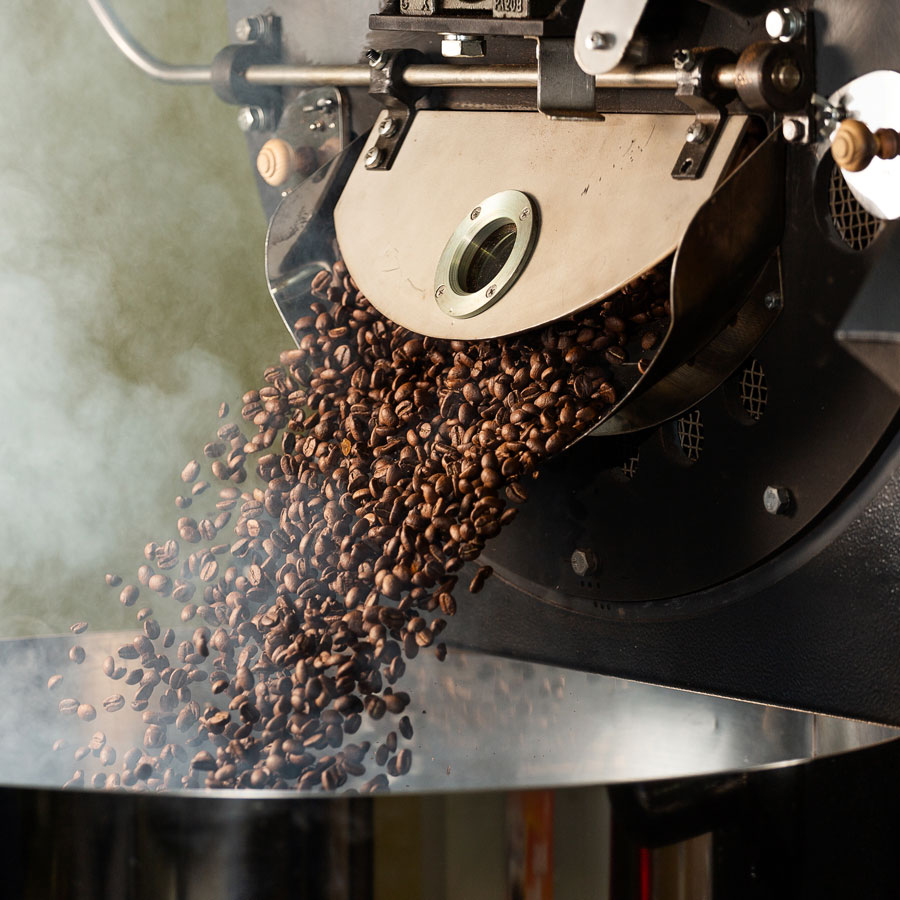
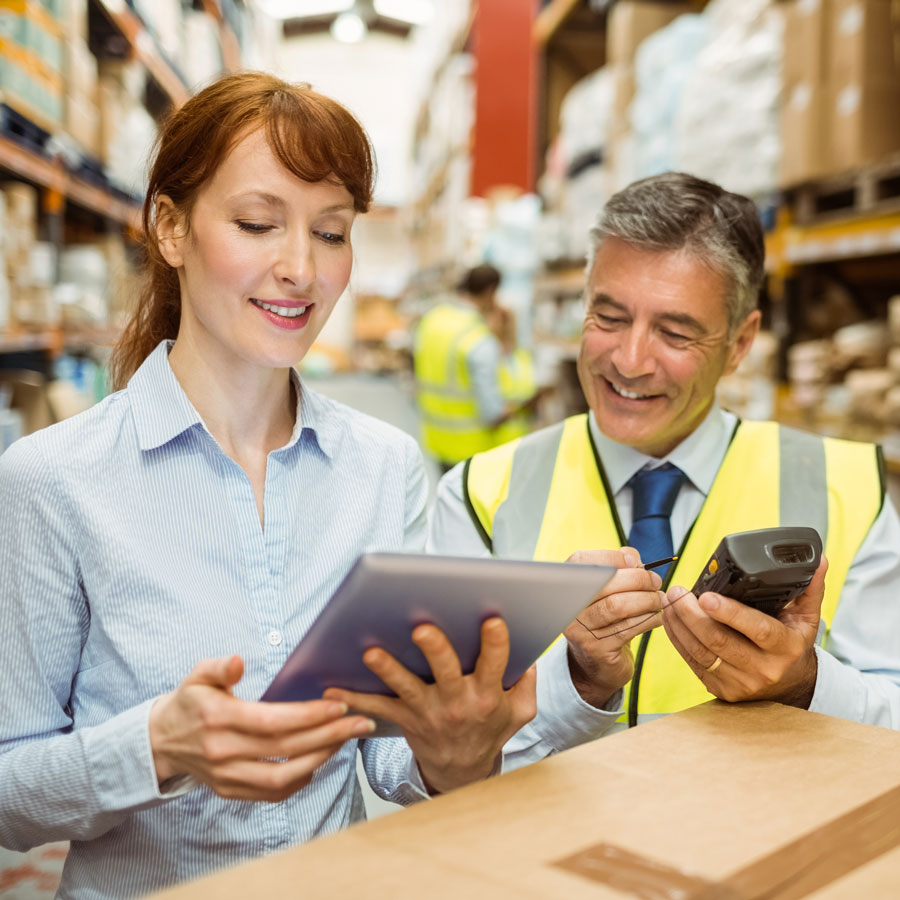
No Food Waste
With our services, we make sure that food waste is minimized as much as possible. We work on a just-in-time basis to deliver the right products when you need them.
Since 2021, Servomax launched a new initiative that aims to give food and beverages nearing their shelf life a new purpose. Instead of going to waste, we make sure to donate these products to local NGOs, such as Old Mission Brewery in Montreal or The Mississauga Food Bank in Toronto, who will distribute these food donations to people in need while they are still good to consume.
Other Initiatives at Servomax
Some of our green initiatives relate to internal processes. For example, we have recently replaced all of the lights in our warehouse to LED lights to reduce our electricity consumption. These types of lightbulbs last longer and require lower maintenance. Another practice we are slowly transitioning into is to only use hybrid vehicles for our deliveries, reducing our carbon footprint. In the future, we hope to keep finding new innovative ways to operate in ways that will ensure a brighter future for our planet
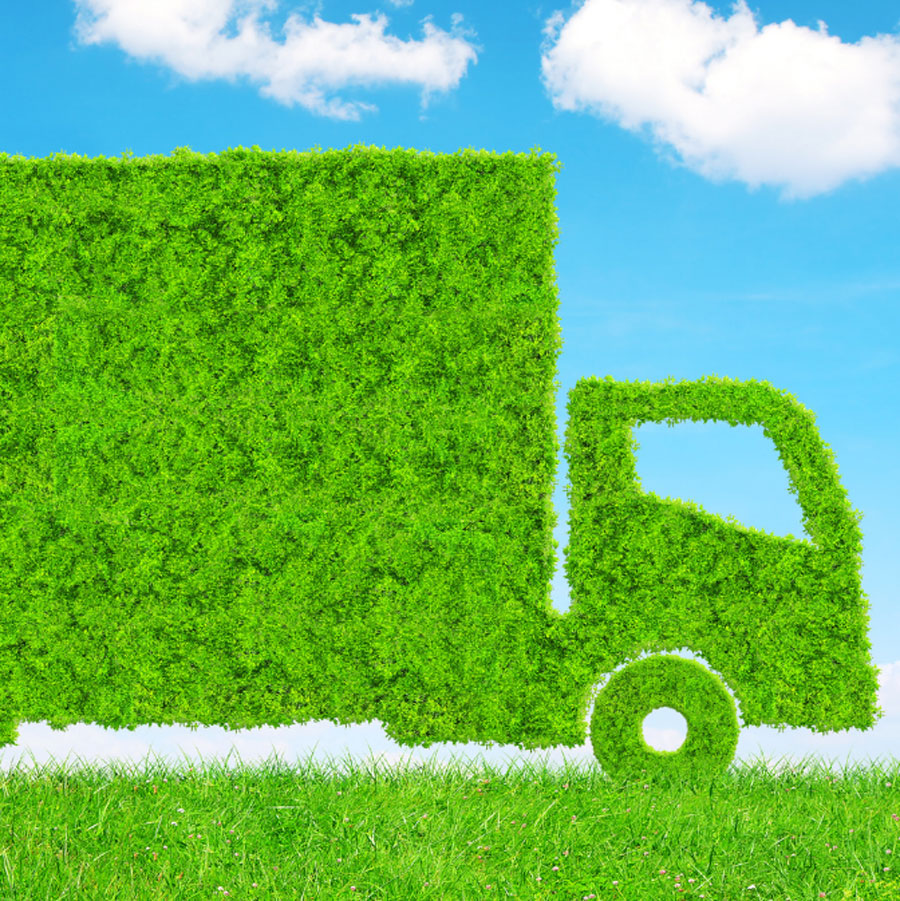

Nespresso has put in place a sustainability program that reinforces its commitment to green practices. In fact, the Nespresso AAA Sustainable Quality™ Program, co-designed with the Rainforest Alliance in 2003, goes beyond certifications, acting at farm, community and landscape levels. Through that program, Nespresso optimizes three main aspects:
Quality
By helping farmers produce higher quality coffees and better agricultural practices by offering increased revenues
Productivity
By enabling productivity improvements and assisting in farm economic management, providing greater income stability to farmers
Social and Environmental
By improving the social and environmental sustainability of farming practices
Finally, Nespresso encourages consumers to participate to its recycling program by making all their capsules 100% recyclable. In fact, Servomax helps its customers by collecting the used Nespresso capsules from their office and dropping them at a recycling facility for free
Lavazza
Lavazza adopted a company vision that prioritizes the economic, human, environmental and cultural heritage of the countries in which they work. In 2004, they established a non-profit Giuseppe e Pericle Lavazza Foundation that implements and promotes sustainable projects in coffee-producing communities.
Lavazza puts people at the center of its world and work.They promote and implement activities aimed at creating shared value and making a positive impact on all levels.In 2014, Lavazza signed the United Nations’ Agenda 2030 and its 17 Sustainable Development Goals.Lavazza created the Coffee Defenders: a community of baristas and coffee lovers aiming to support farmers.
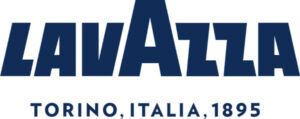
Café Williams
Café William is a Quebec-based coffee roaster committed to responsible sourcing and sustainable practices.
They source Fairtrade-certified coffee, work closely with farming cooperatives, and roast their coffee using 100% hydroelectric power in a LEED® Silver–certified facility. This approach helps support ethical trade while reducing environmental impact.

Illy
One makes the difference
Illy Caffè has always pursued an unwavering commitment to highest ethics, aiming to improve quality of life for all of its stakeholders. For detailed information on the program, click here
WE HAVE ONE DREAM
To offer the world the best coffee and put a smile on the faces of those who drink it
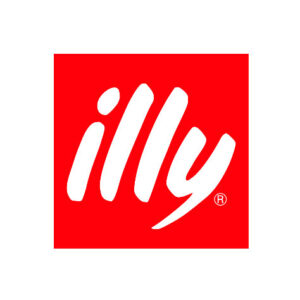
Kaapitaarvik
Kaapitaarvik is an Inuit-owned coffee shop based in Iqaluit, Nunavut, serving the local community with a strong focus on cultural identity and local impact.
By supporting Inuit entrepreneurship and serving Kaapittiaq, the world’s only Inuit-produced coffee, Kaapitaarvik helps promote economic sustainability in the North while creating a welcoming community space rooted in local values.

FARO
For more than 20 years, the FARO team has been offering Fairtrade coffee and has taken it upon themselves to visit coffee farmers and plantations every year. The Fairtrade certification allows coffee producers to get premium fees on their green coffee sales.
By contributing to the Fairtrade community, FARO is helping improve the quality of life. The coffee producers use the premium fees they collect to divide them and equally distribute them within the community of farmers. Moreover, they also use these funds to implement several trainings and innovation research.
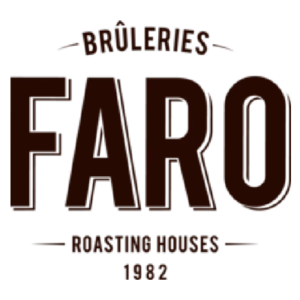
BARISTA
Barista is committed to several social and environmental initiatives. They engage with the community by collaborating with various local non-profit organizations with different purposes. Moreover, they ensure to use improved environmental practices in order to promote and bring together Quebec’s coffee community
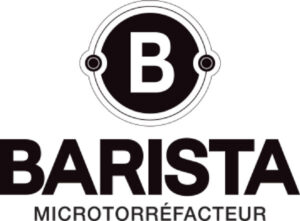
REUNION COFFEE ROASTERS
Reunion’s Coffee Roasters’ mission is to provide sustainable coffee, from seed to cup. Therefore, sustainability is at the core of their corporate identity. They partner with farms and customers, all over the world, and implement ethical, quality production, while operating facilities powered by renewable energy. In 2015, the company was recognized as one of Canada’s Greenest Employers. To discover more information on Reunion Coffee Roasters’ Sustainability program and Certifications, click on the button below
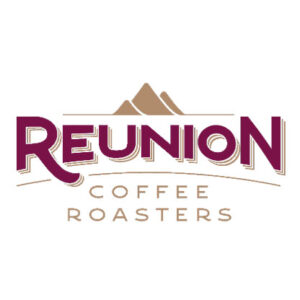
49th Parallel Coffee Roasters
49th Parallel Coffee Roasters is a Vancouver-based specialty coffee roaster focused on responsible sourcing and long-term relationships with coffee producers.
They work directly with farmers through a Direct Trade approach and continue to reduce their environmental impact by transitioning to more sustainable, plant-based coffee packaging designed to minimize waste.

CAFÉ NAPOLÉON
Café Napoléon is a Quebec-based coffee roaster offering a range of organic and Fairtrade-certified coffees.
Their approach to sourcing supports responsible agricultural practices and contributes to sustainable development within coffee-growing communities, while maintaining a focus on quality and consistency.

CAFÉ SAINT-HENRI
Café Saint-Henri refers to Direct Sourcing to procure their green coffee beans. They have an intrinsic, solid relationship with coffee producers they work with, to the point where they can track every single bag of coffee to its sourcing farm and soil. They contribute to the social and economic development of the producers, ensuring that production processes are thorough and as eco-friendly as possible.
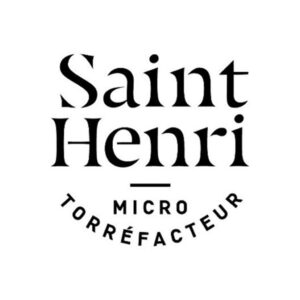
Ma Caféine
Ma Caféine is a Quebec-based coffee distributor focused on ethical selection, local partnerships, and responsible business practices.
They work closely with Quebec and Canadian roasters, favour short supply chains, and emphasize thoughtful product selection, optimized packaging, and responsible sourcing whenever possible. Through their partnership with The Good API, Ma Caféine also supports environmental initiatives that contribute to tree-planting programs and help reduce single-use plastic waste by offsetting plastic water bottles. Together, these efforts encourage more sustainable choices throughout the coffee supply chain.


